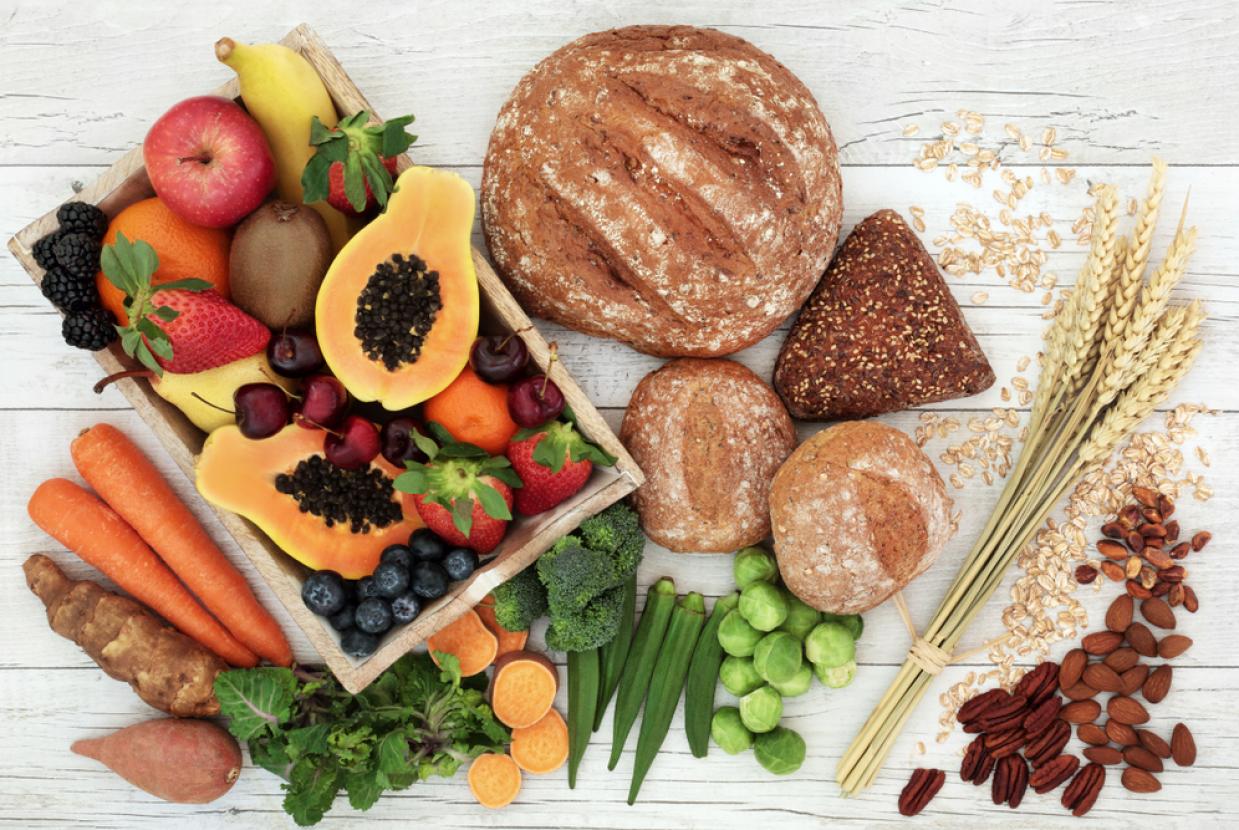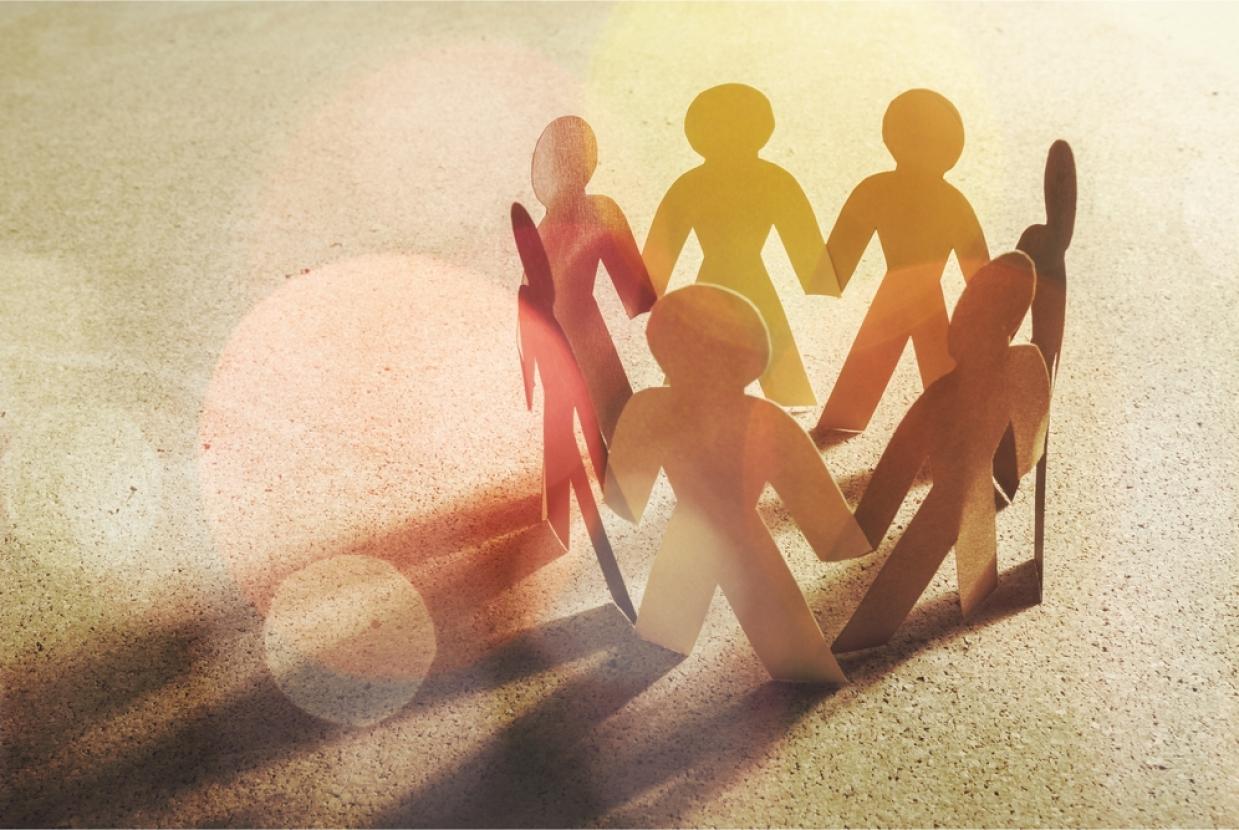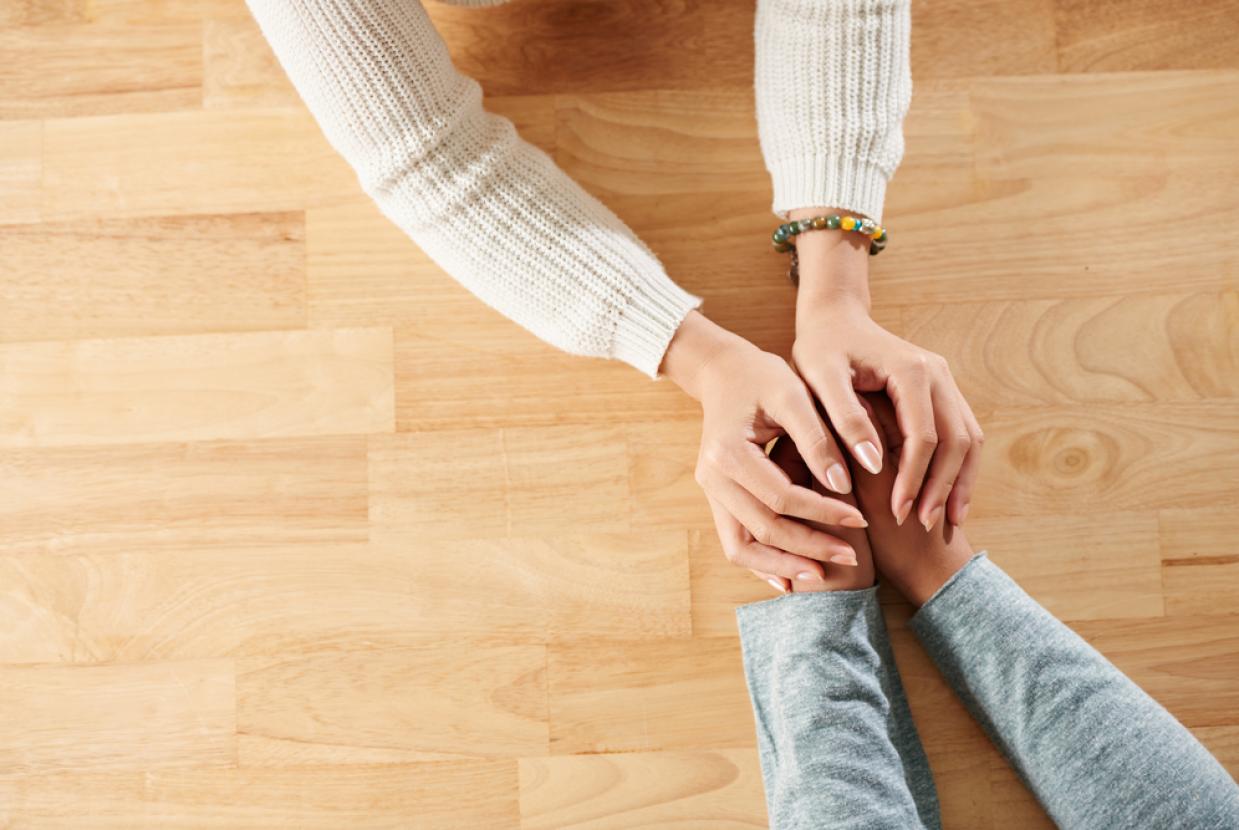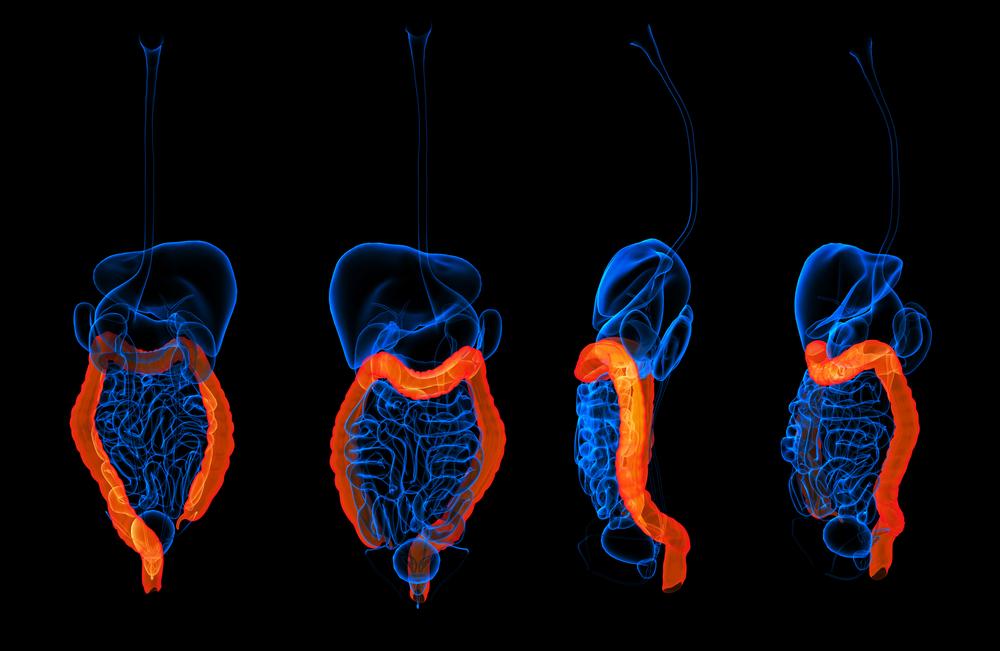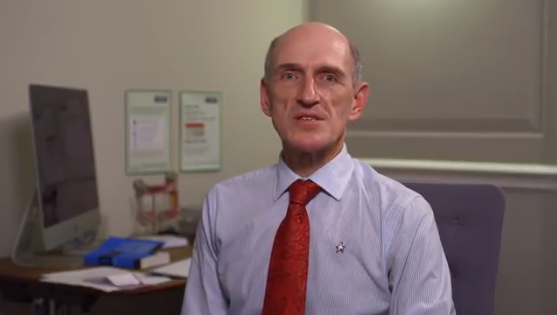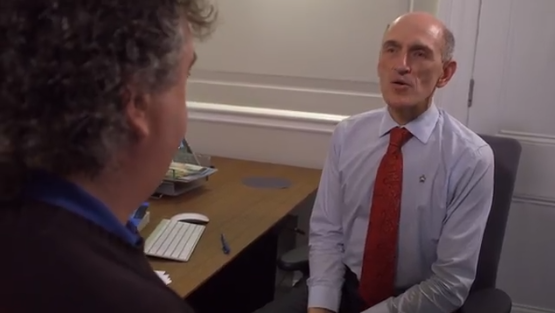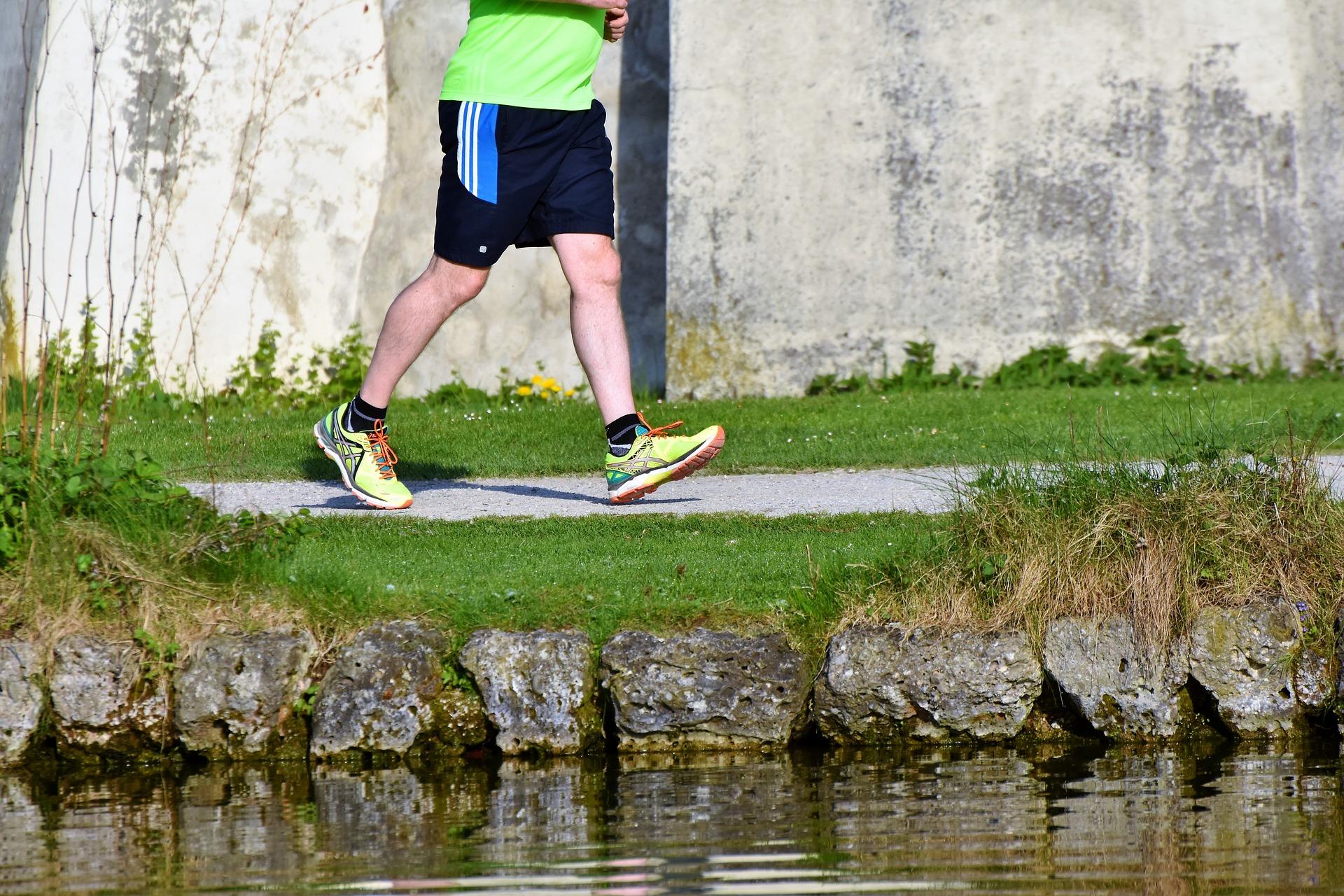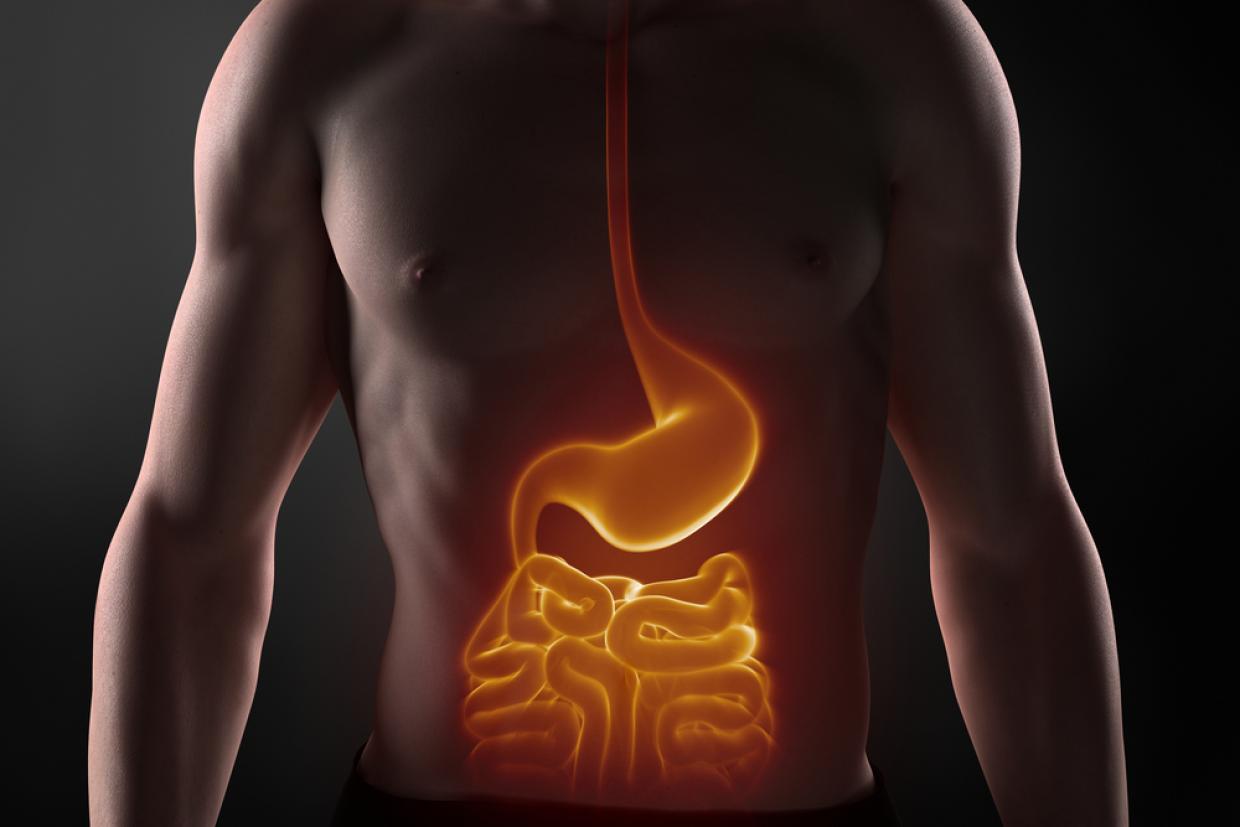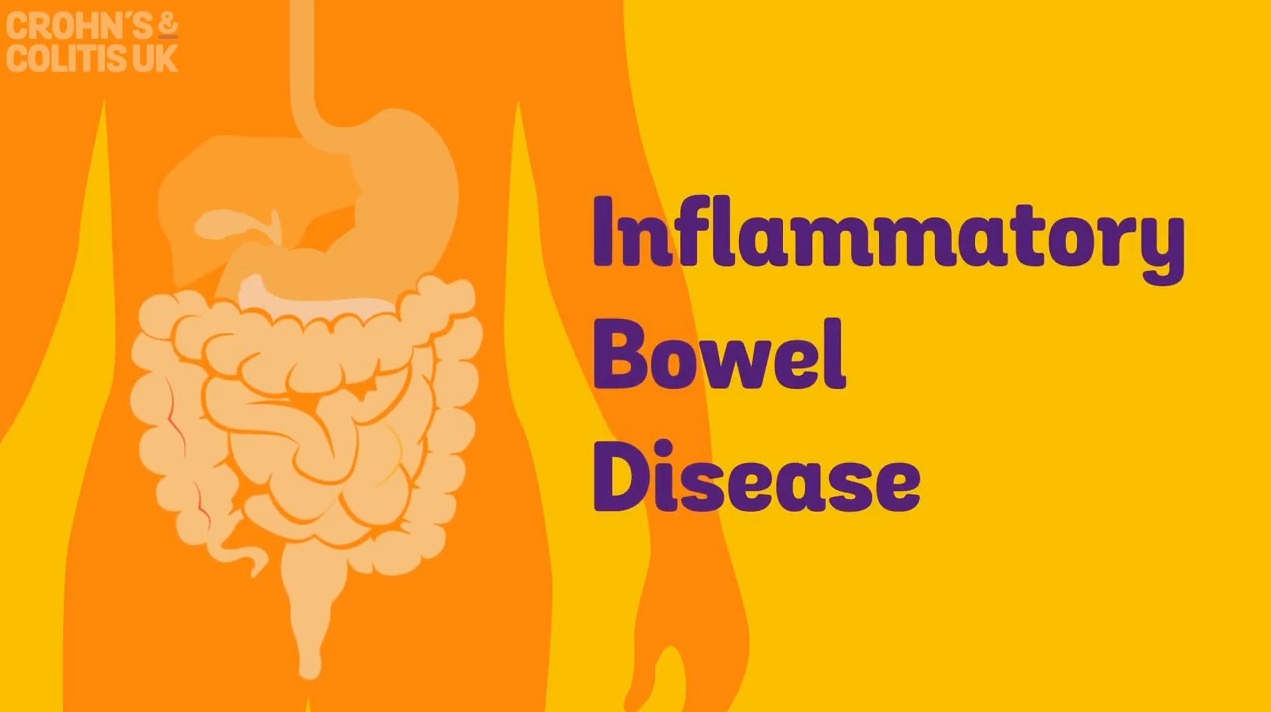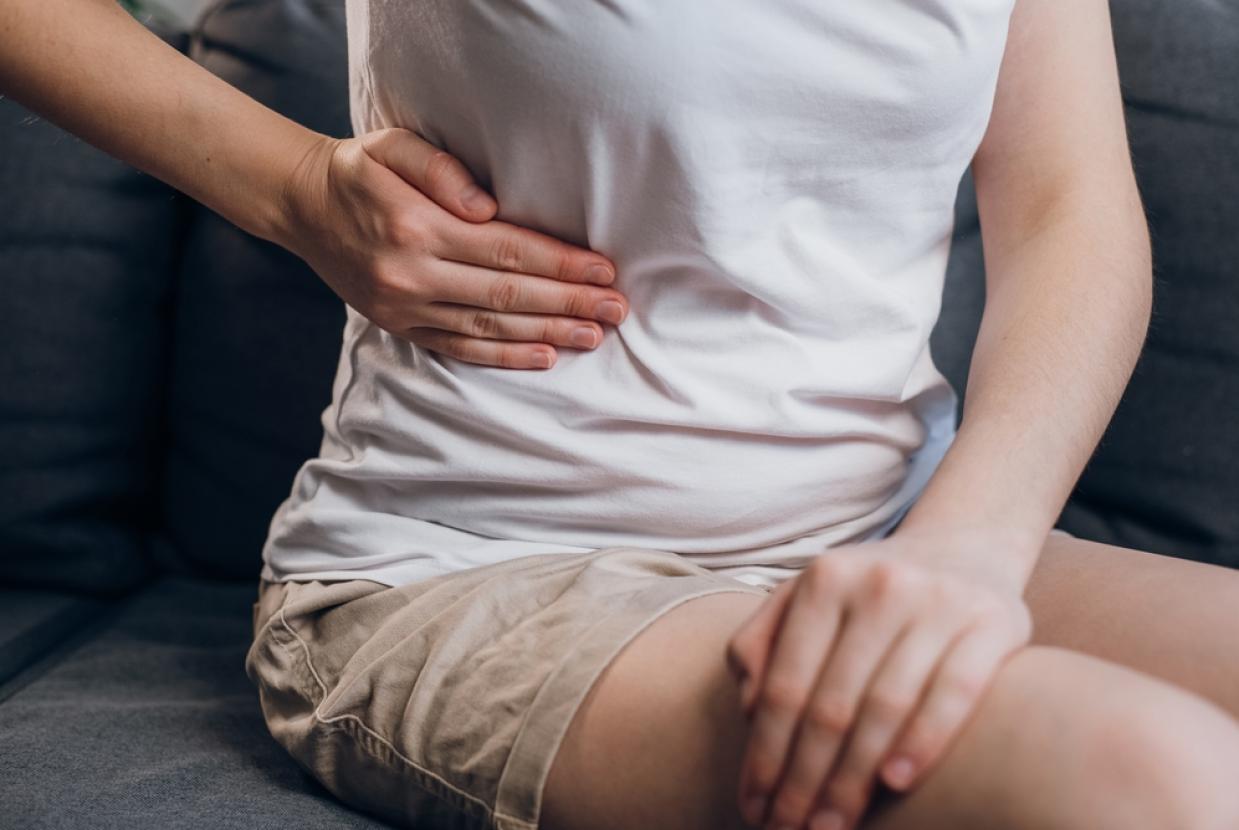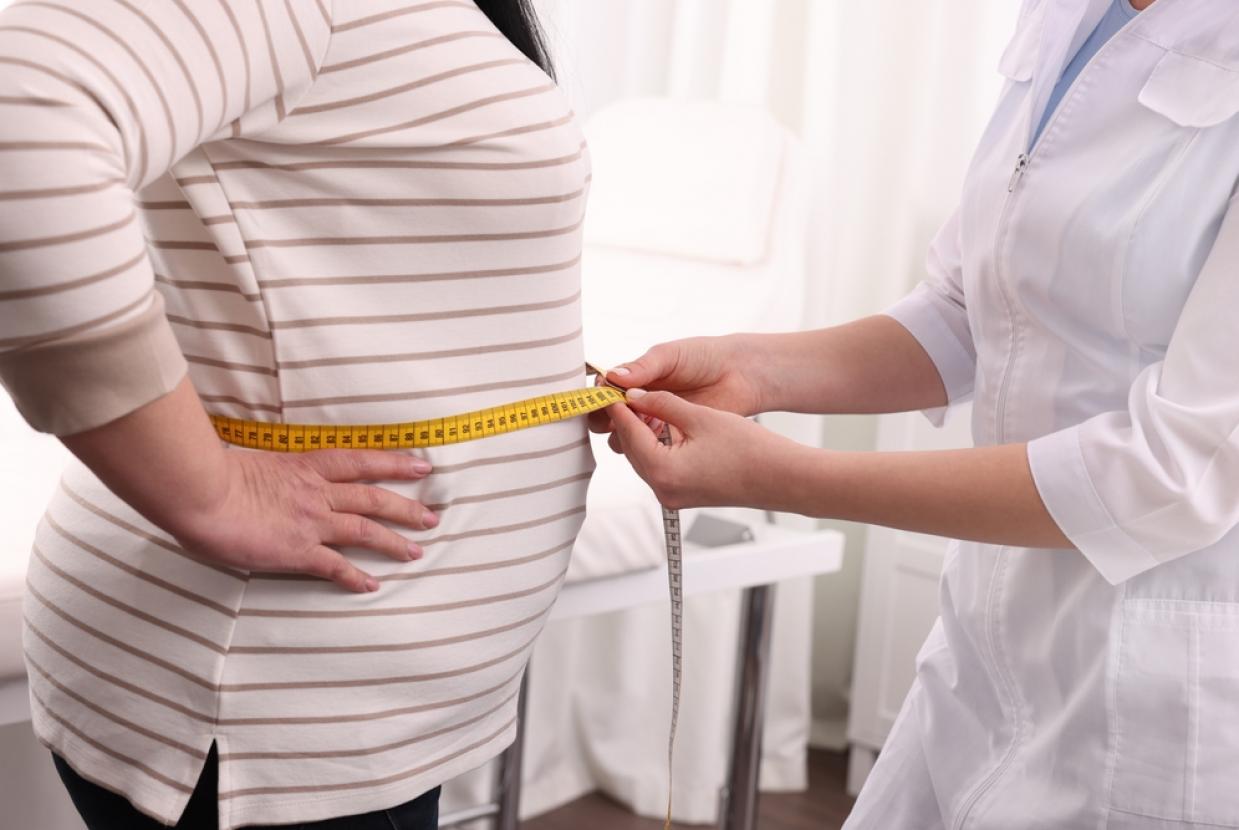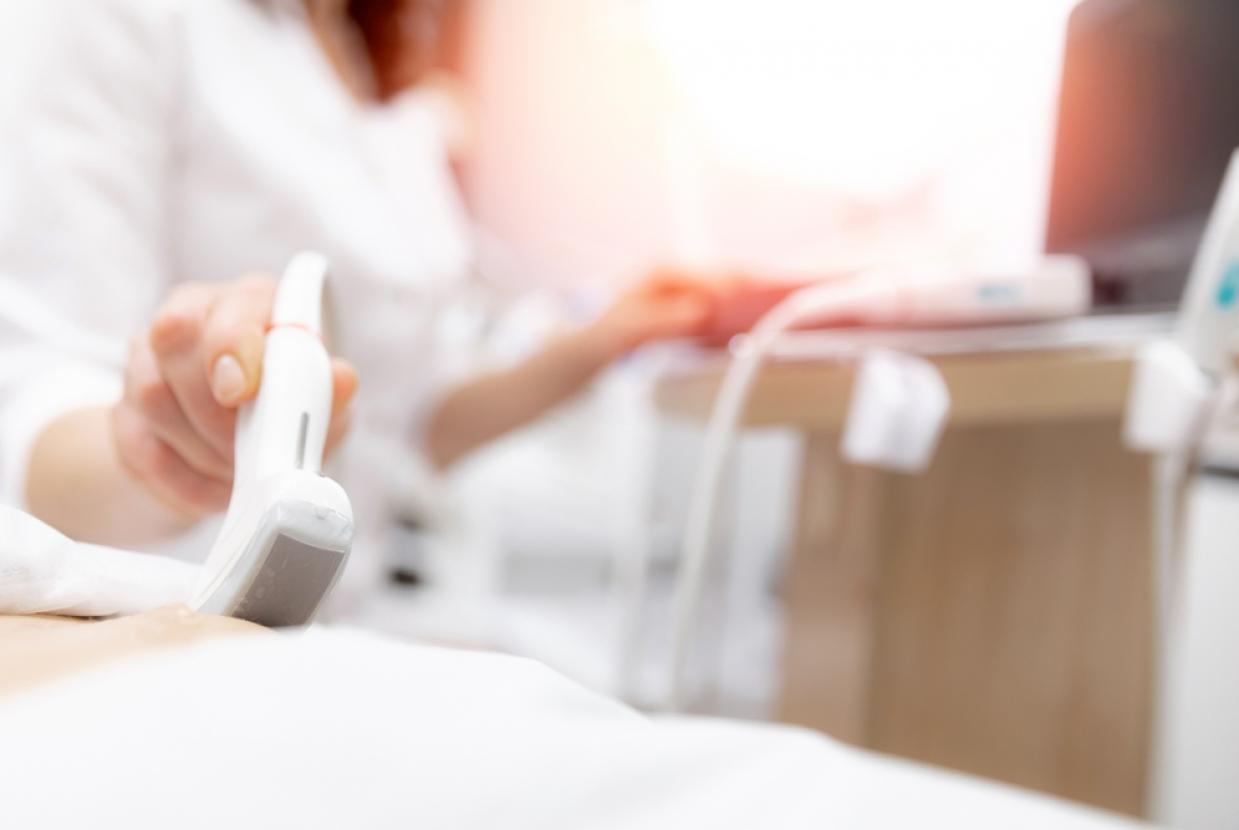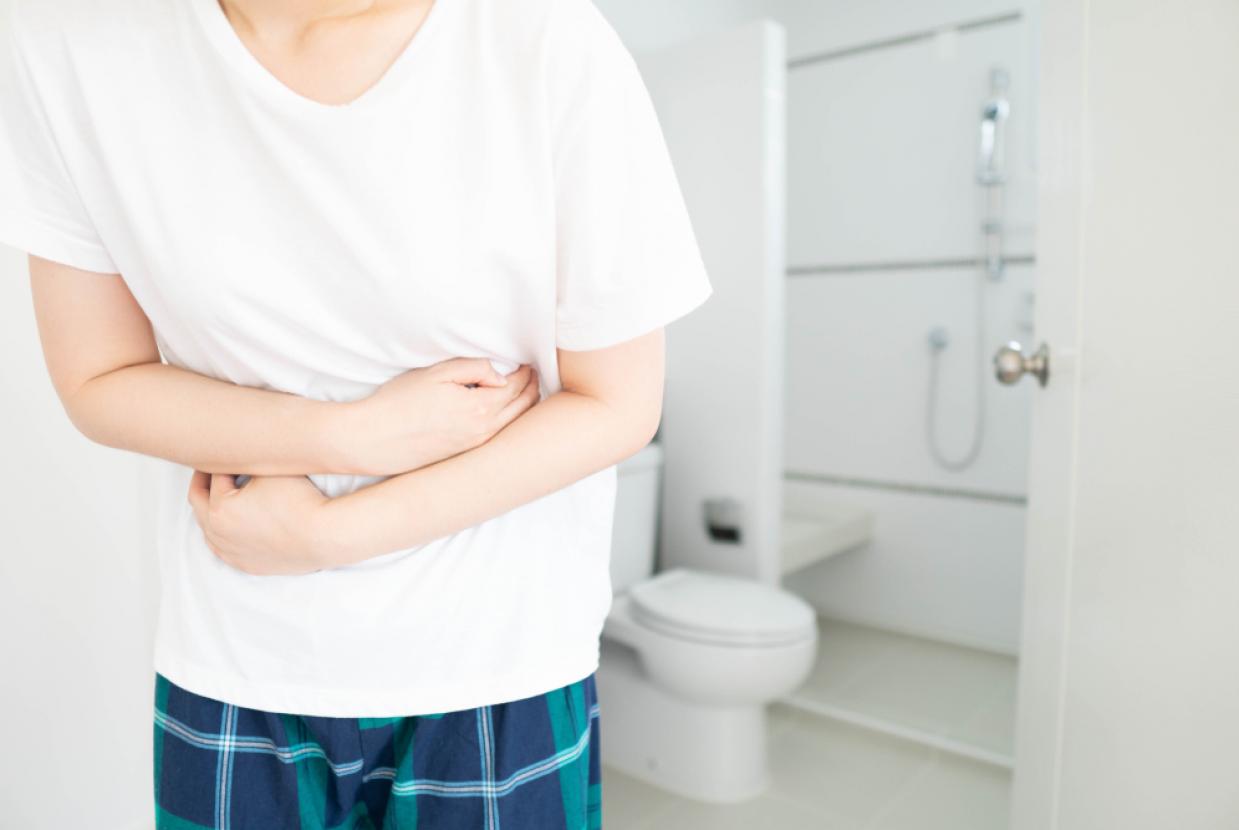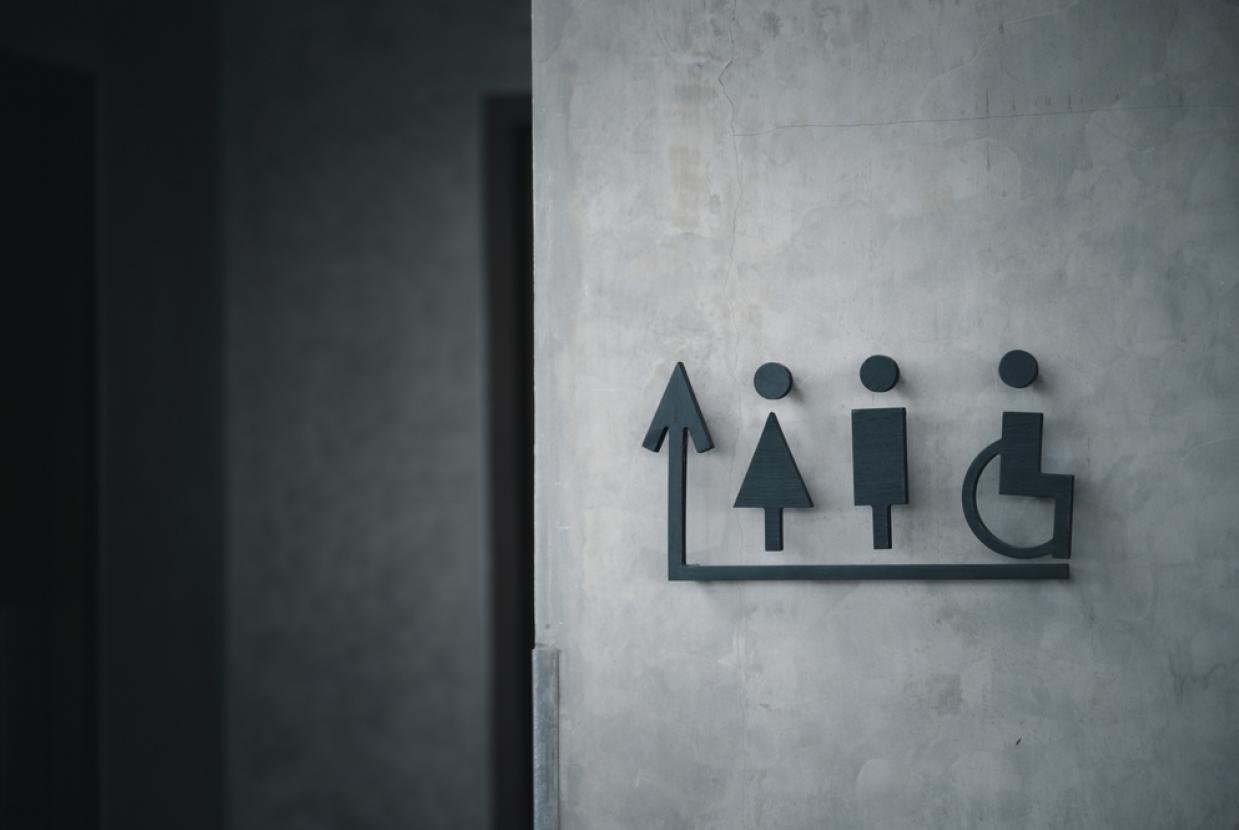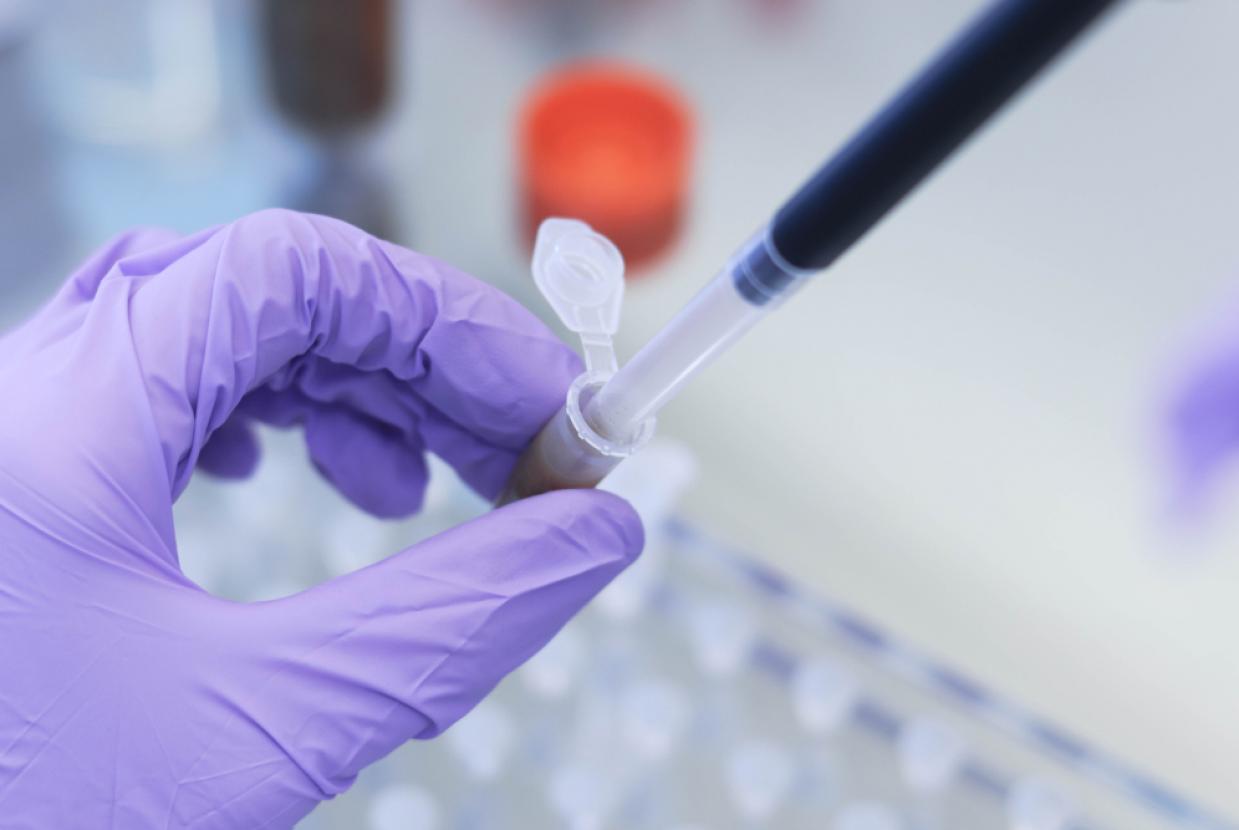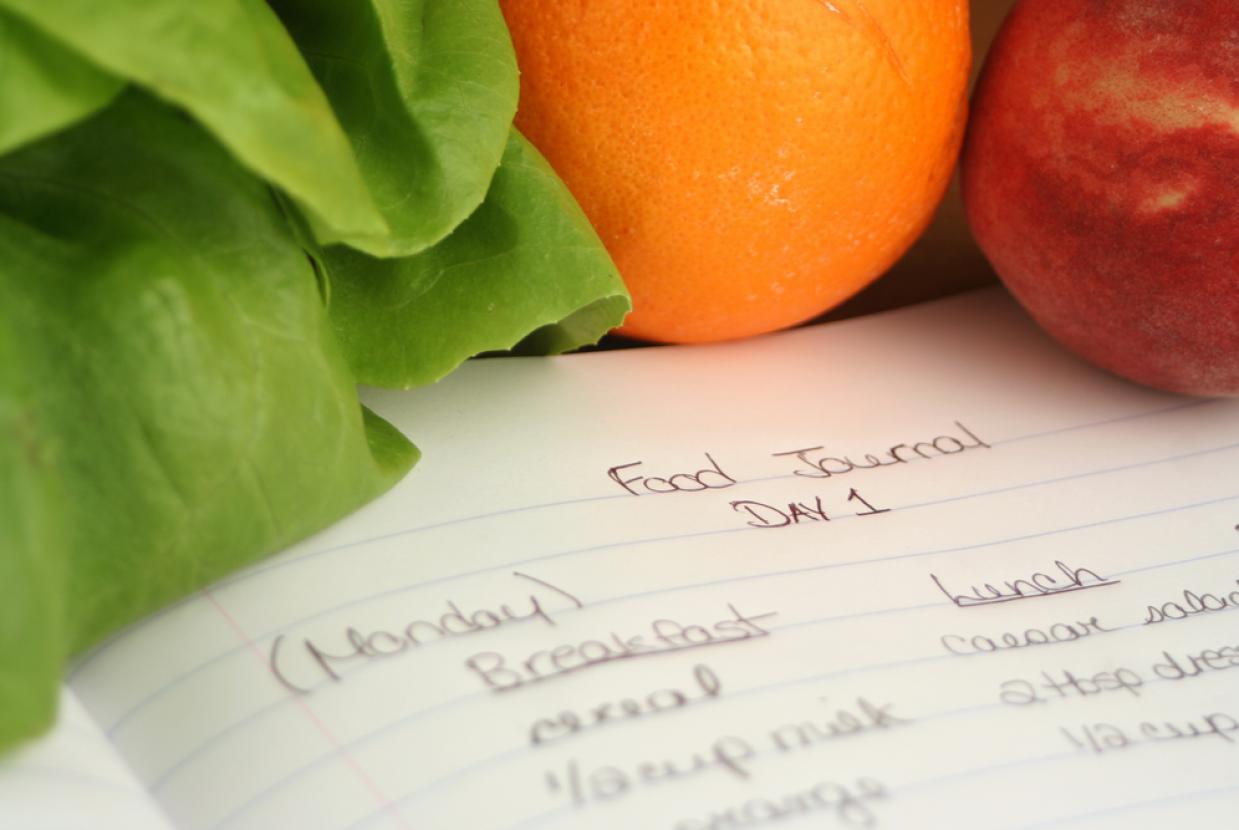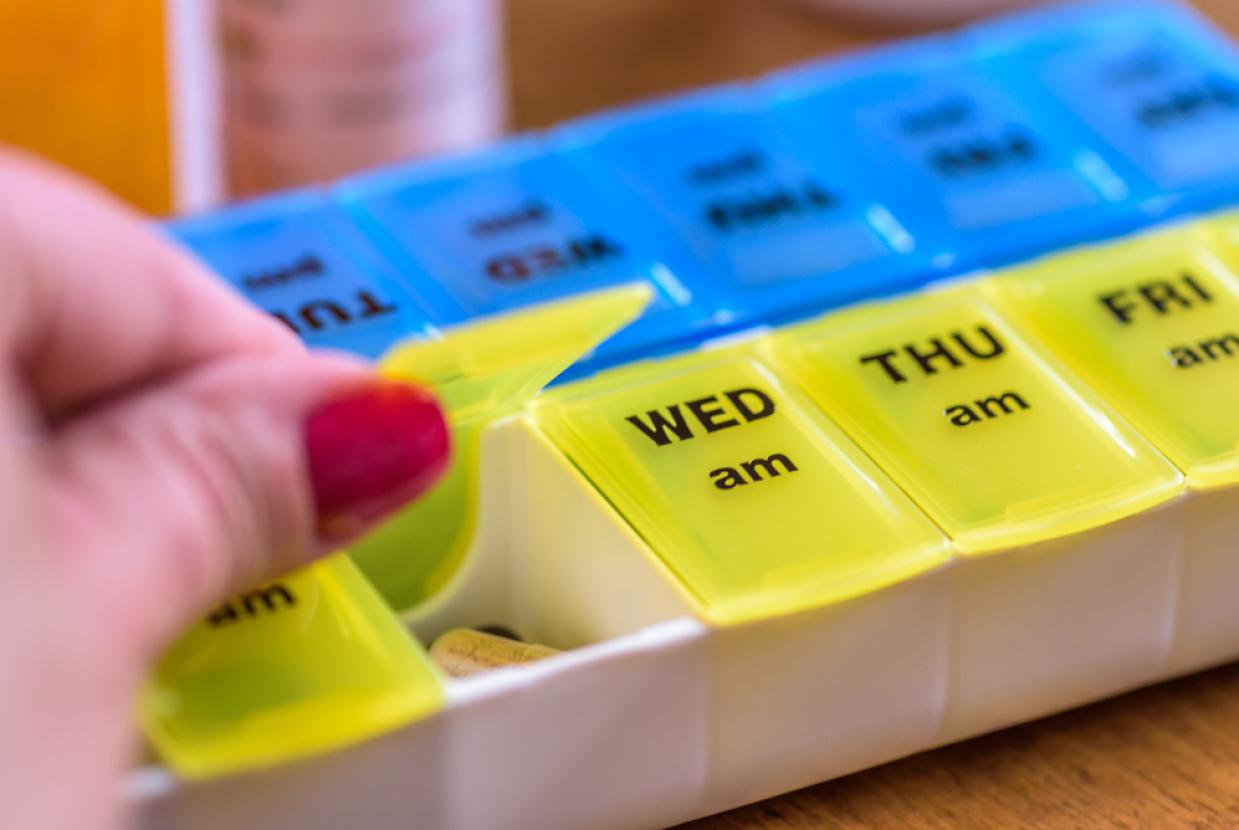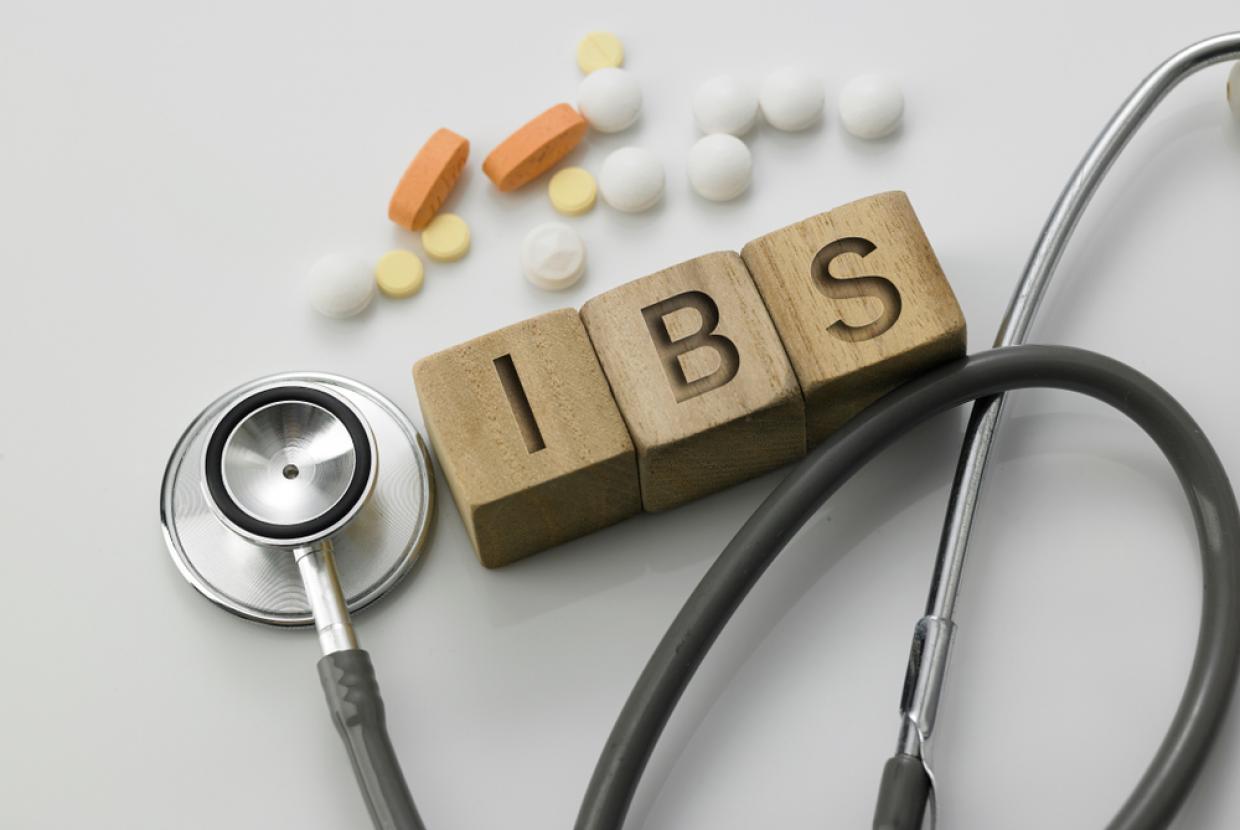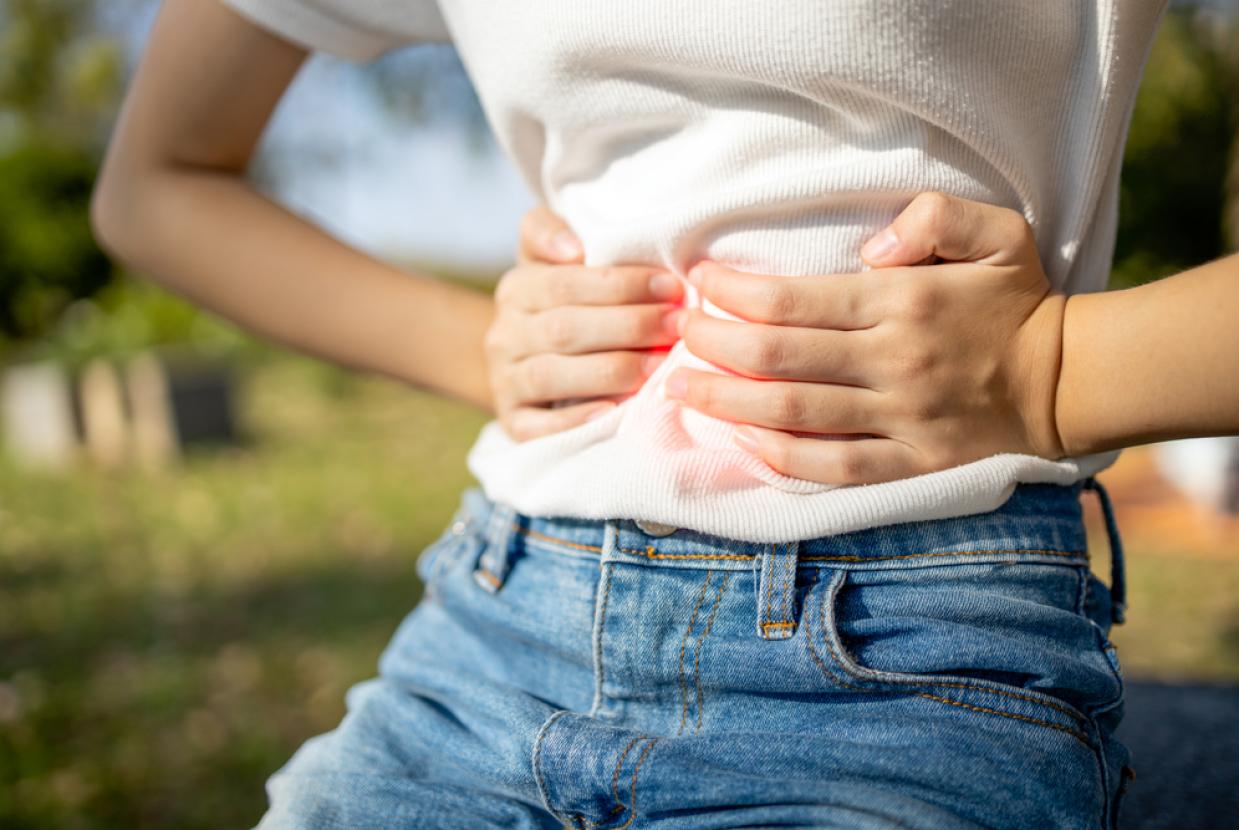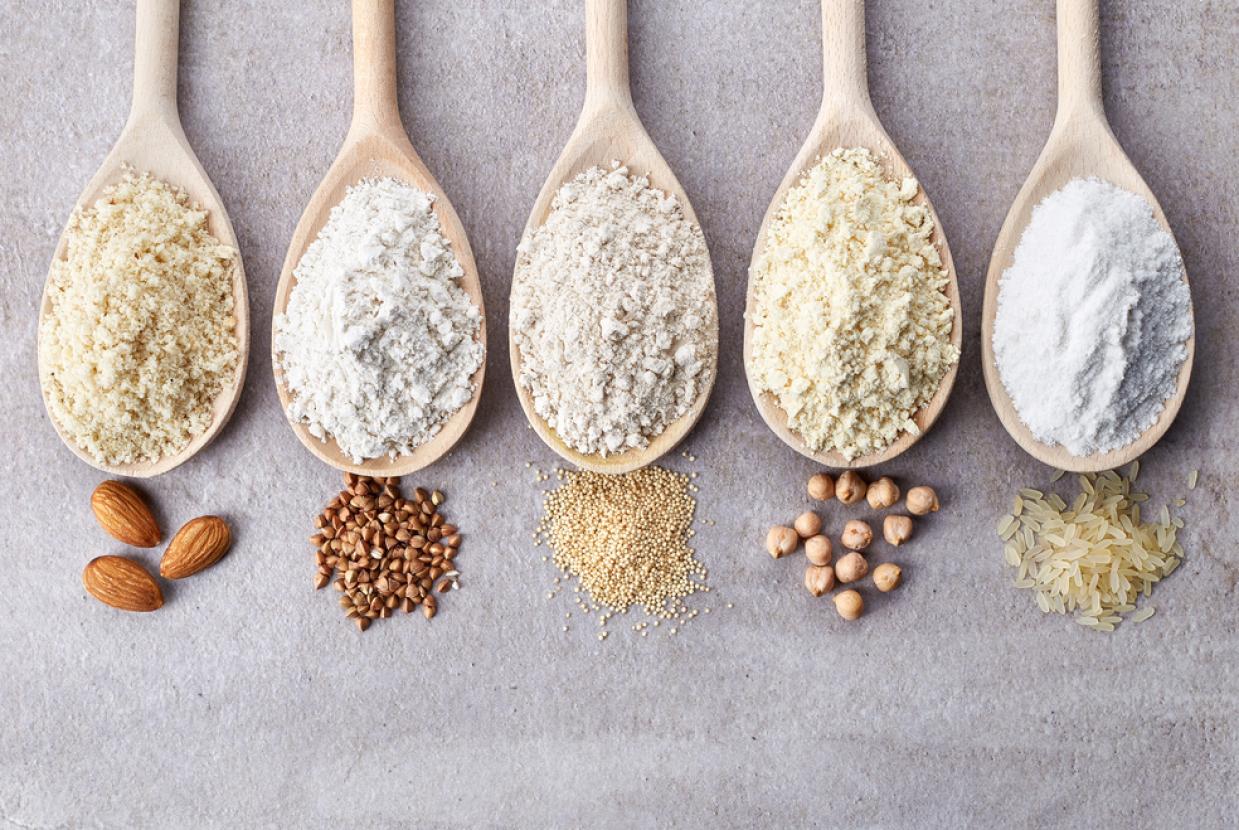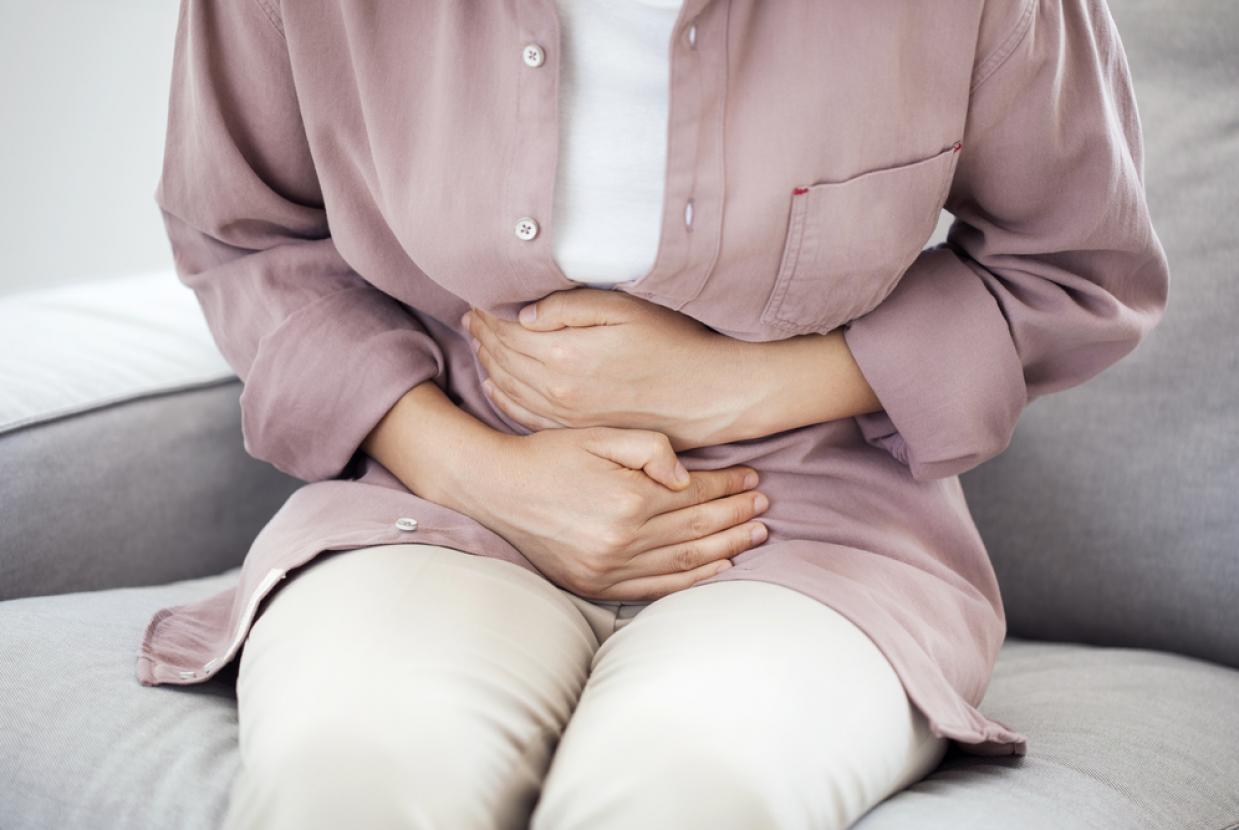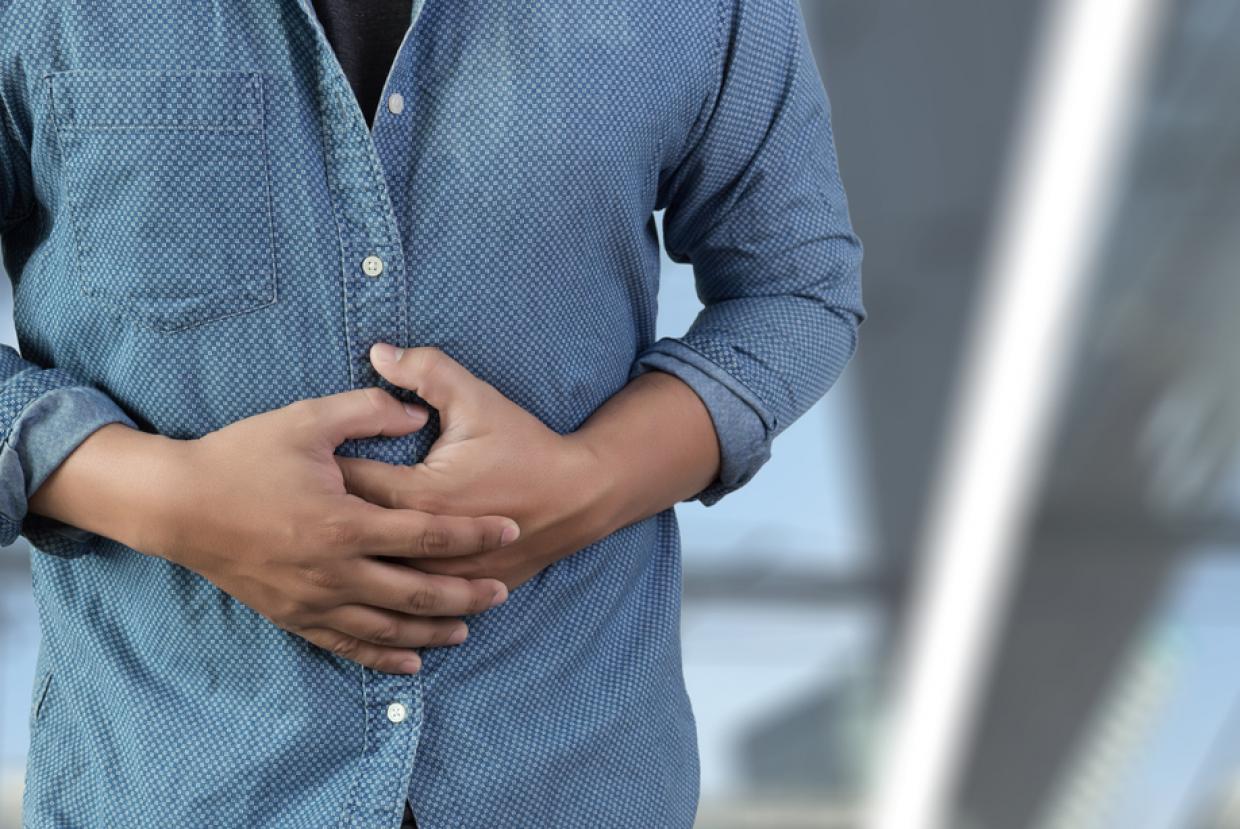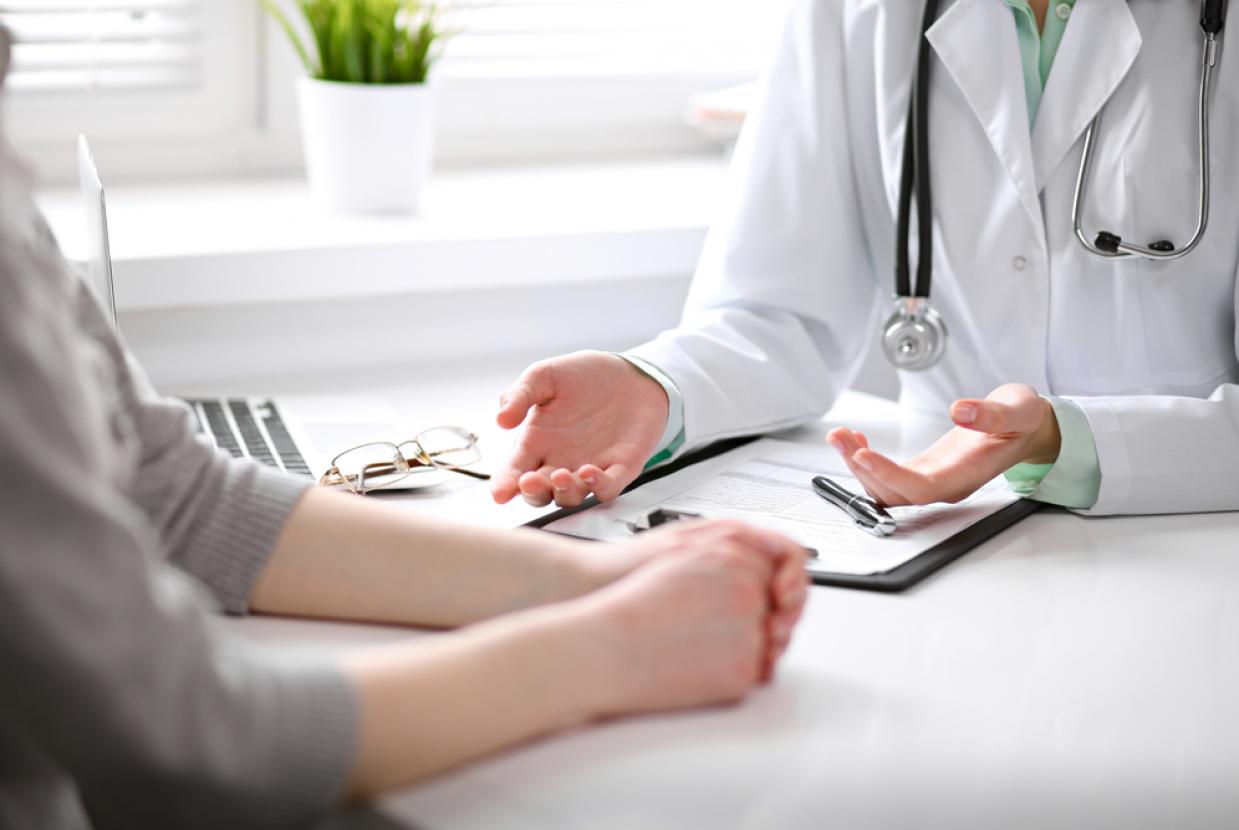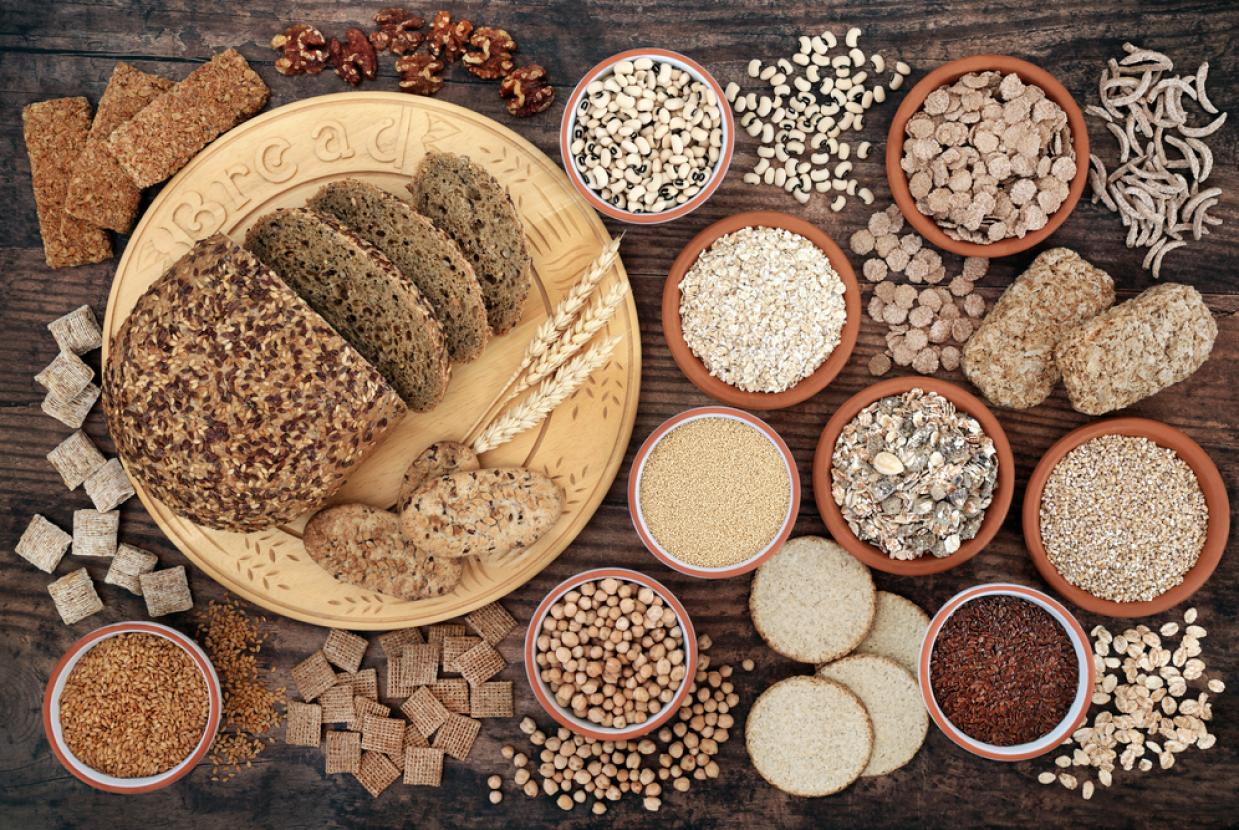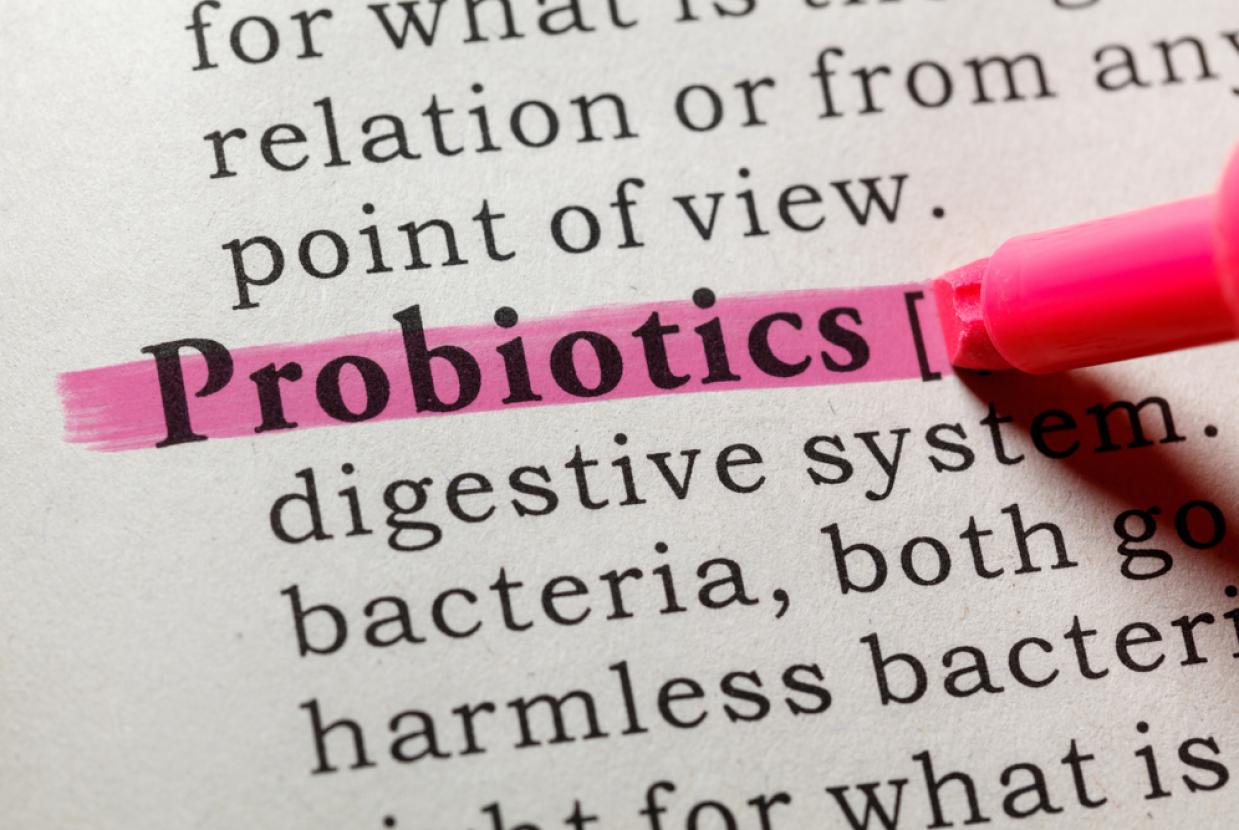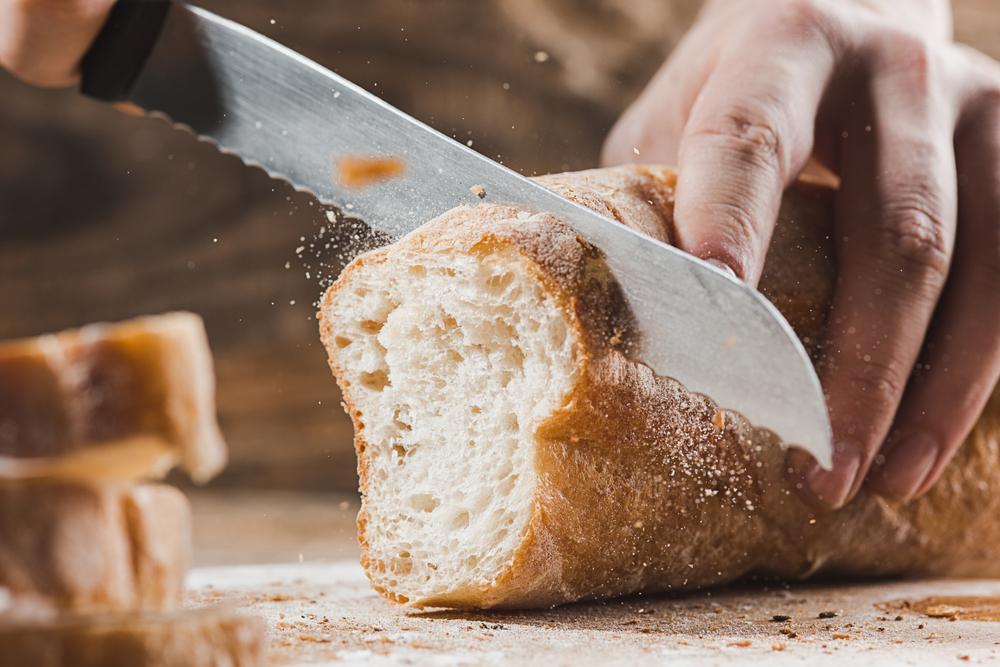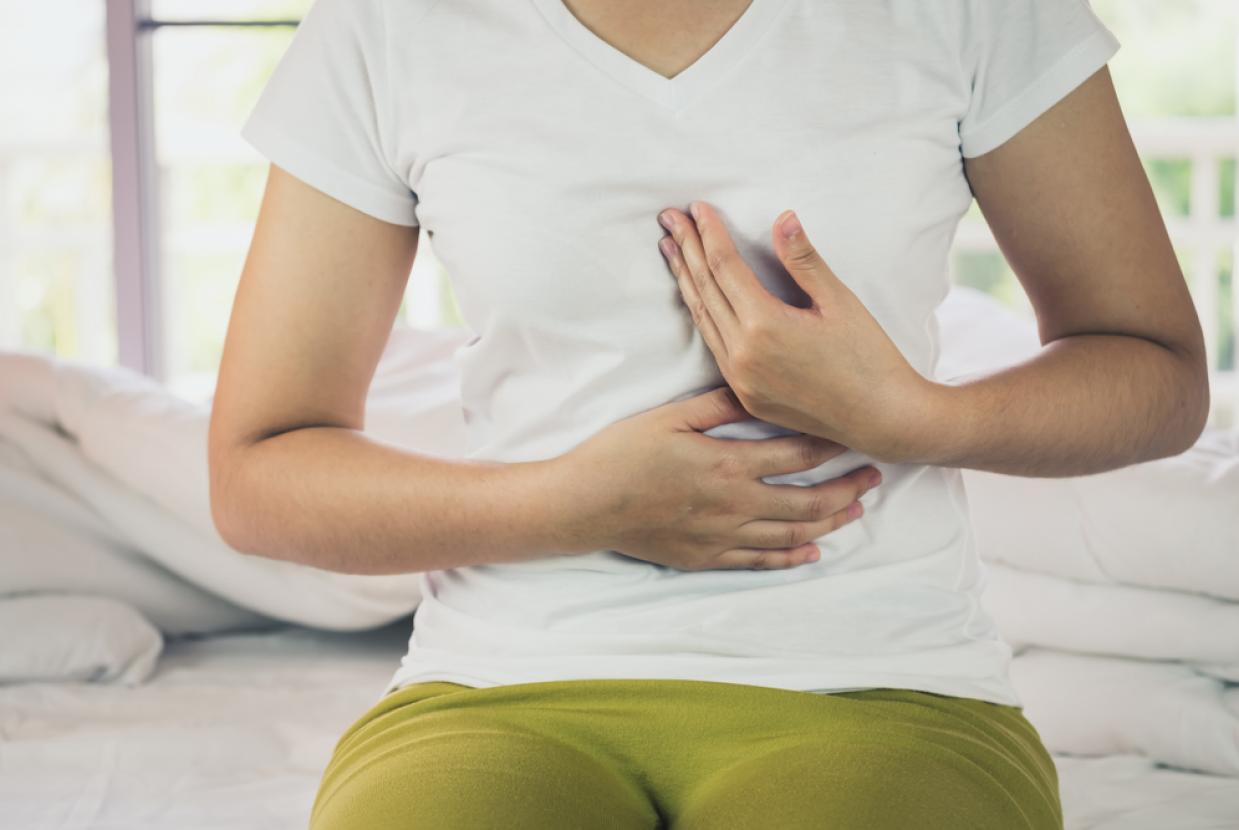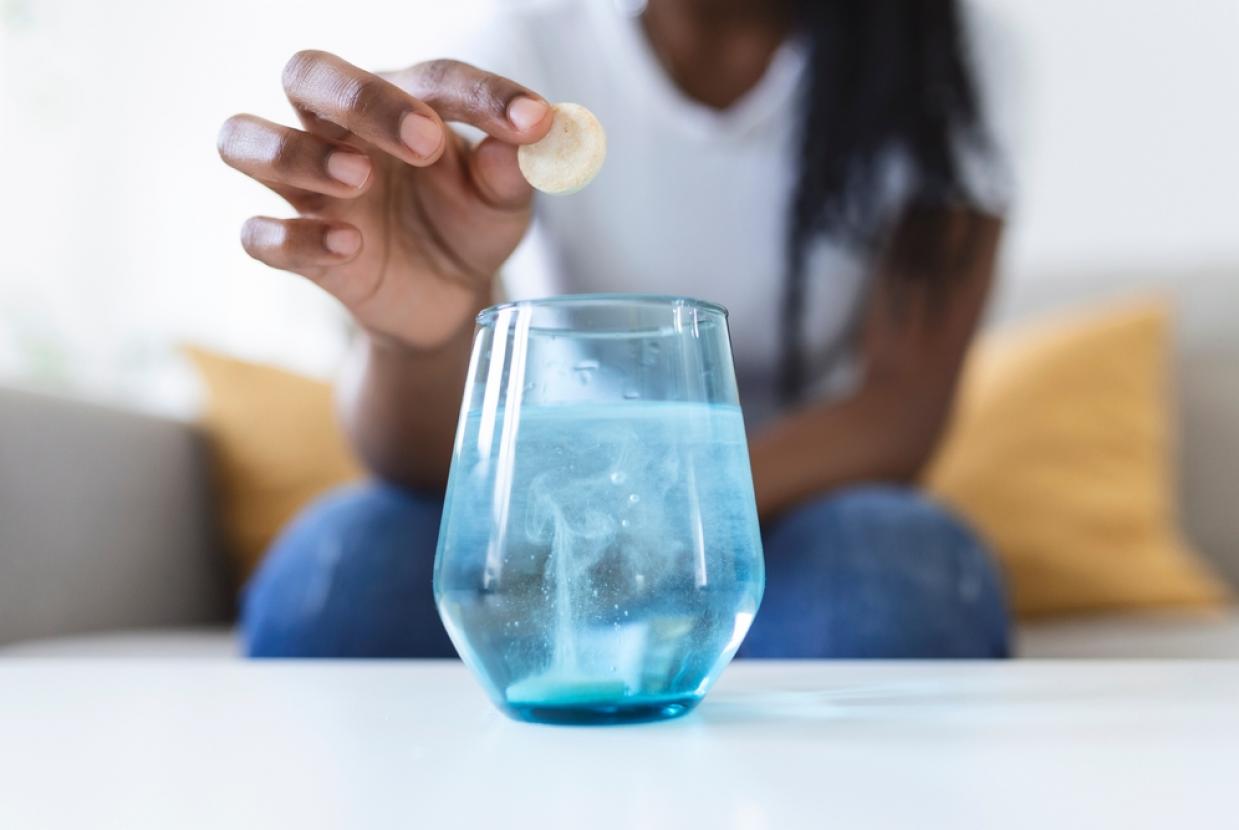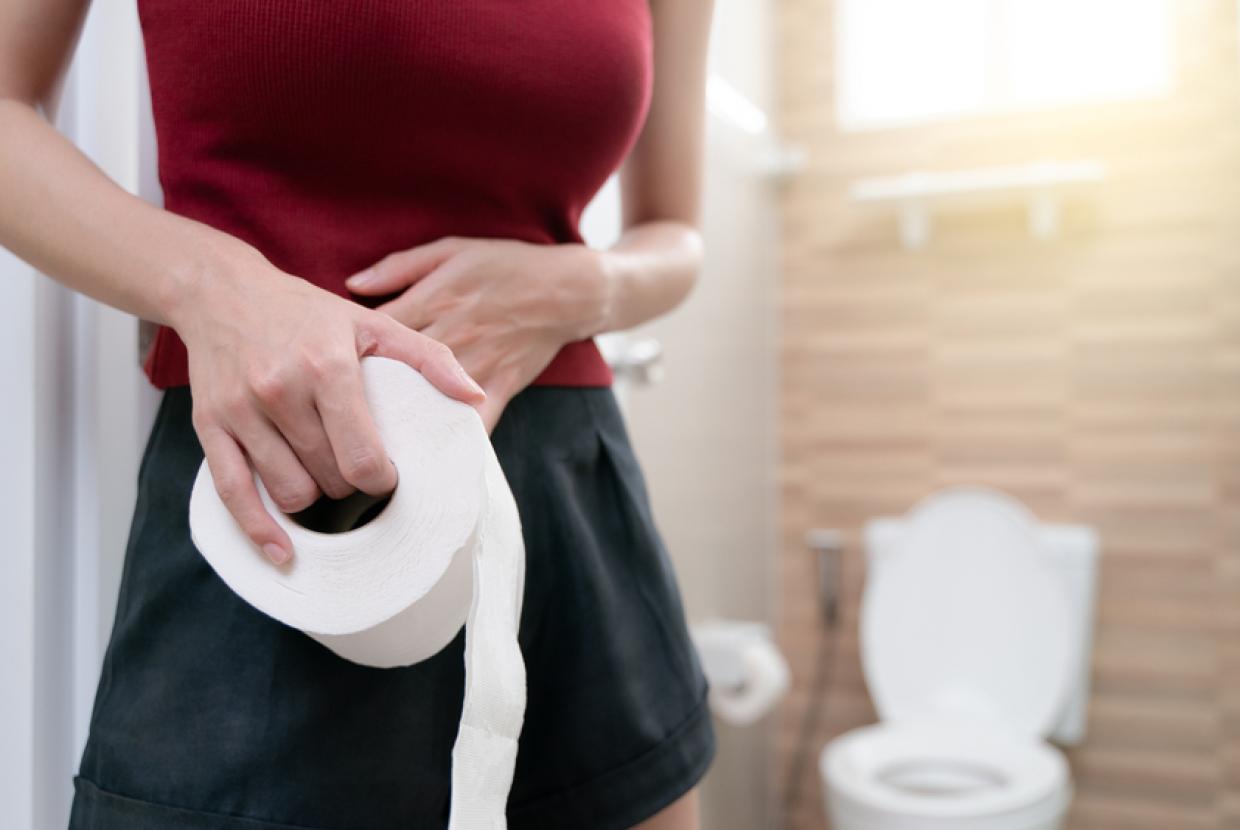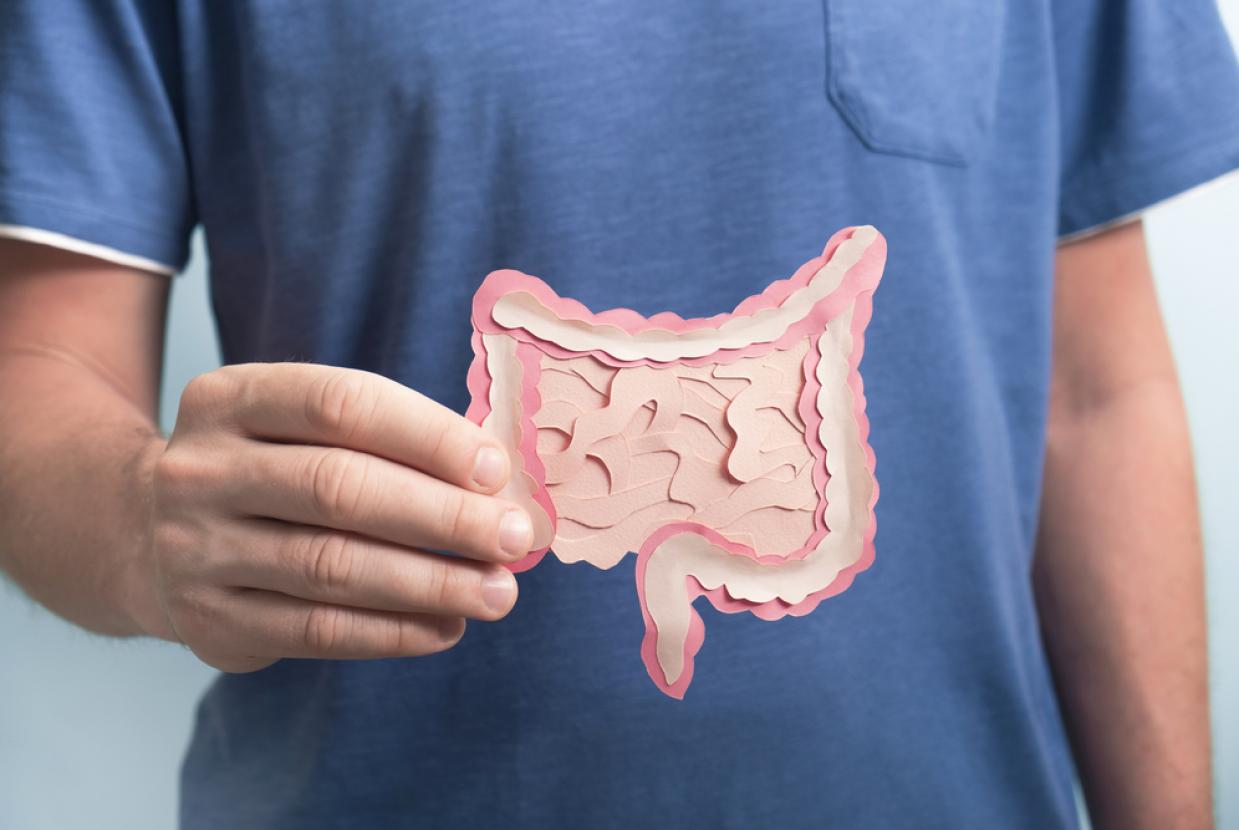Symptoms of Diverticular Disease and DIverticulitis
Symptoms of diverticular disease and diverticulitis include abdominal pain, bloating and a change in normal bowel habits.
Diverticulosis
If diverticula have been discovered during a camera test for another reason (colonoscopy) or during a CT scan, you may be worried about what this means.
However, if you have never had abdominal pain or bouts of diarrhoea, there is a 70% to 80% chance that you will never have any symptoms from them.
Diverticula are extremely common over the age of 70 and they do not increase your risk of cancer. It’s thought that a high-fibre diet is likely to reduce the risk of any symptoms developing.
Diverticular disease
The most common symptom of diverticular disease is intermittent (stop-start) pain in your lower abdomen (stomach), usually in the lower left-hand side.
The pain is often worse when you are eating, or shortly afterwards. Passing stools and breaking wind (flatulence) may help relieve the pain.
Other long-term symptoms of diverticular disease include:
- a change in your normal bowel habits, such as constipation or diarrhoea, or episodes of constipation that are followed by diarrhoea – a classic pattern is multiple trips to the toilet in the morning to pass stools like ‘rabbit pellets’
- bloating
Another possible symptom of diverticular disease is bleeding dark purple blood from your rectum (back passage). This usually occurs after diarrhoea-like cramping pain, and often leads to hospital admission, but fortunately this is an uncommon complication.
Diverticular disease does not cause weight loss, so if you are losing weight, seeing blood in your stools or experiencing frequent bowel changes, see your GP.
Diverticulitis
Diverticulitis shares most of the symptoms of diverticular disease (see above). However, the pain associated with diverticulitis is constant and severe, rather than intermittent. It is most likely to occur if you have previously had symptoms of diverticular disease, and develops over a day or 2.
Other symptoms of diverticulitis can include:
- a high temperature (fever) of 38C (100.4F) or above
- a general feeling of being tired and unwell
- feeling sick (nausea) or being sick (vomiting)
The pain usually starts below your belly button, before moving to the lower left-hand side of your abdomen.
In Asian people, the pain may move to the lower right-hand side of your abdomen. This is because East Asian people tend to develop diverticula in a different part of their colon for genetic reasons.
When to seek medical advice
Contact your GP as soon as possible if you think you have symptoms of diverticulitis.
If you have symptoms of diverticular disease and the condition has previously been diagnosed, you do not usually need to contact your GP as the symptoms can be treated at home.
Read more about the treatment of diverticular disease.
If you have not been diagnosed with the condition, contact your GP so they can rule out other conditions with similar symptoms, such as:
- a stomach ulcer
- pancreatitis
- cholecystitis
- bowel cancer
Irritable bowel syndrome (IBS) can also cause similar symptoms to diverticular disease.


